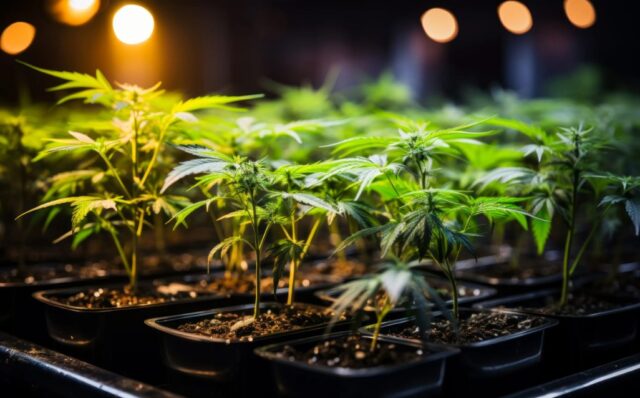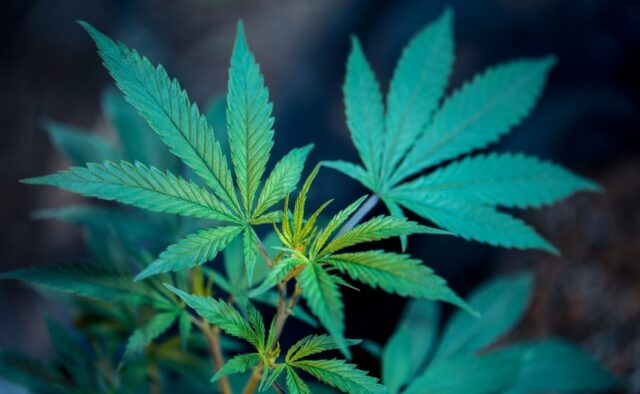
Cannabis, a historically significant plant now intricately woven into modern society, continually sparks debates, scientific research, and legislative reforms. Its evolving acceptance and legalization in various regions contrast sharply with enduring misconceptions. This highlights the need for ongoing dialogue and education about its nature and the implications of its use in contemporary culture.
This article aims to clarify the truths and dispel the myths surrounding cannabis, providing a clearer understanding of its uses, effects, and societal impact.
Historical Context of Cannabis

Cannabis boasts a storied past, dating back to ancient civilizations, revered initially for its medicinal qualities. This versatile plant found diverse applications in traditional remedies, reflecting its esteemed status in early cultures. Over time, its perception shifted dramatically, becoming mired in controversy and widespread misconceptions.
Recently, this narrative has begun to change, fueled by a surge in scientific research and a growing public consciousness. These factors have contributed to a reevaluation of cannabis, recognizing its potential benefits and historical significance, leading to a gradual transformation in its societal and cultural standing.
The Legal Landscape of Cannabis
The legal status of cannabis varies globally, with some countries embracing its medicinal and recreational use while others continue to impose strict prohibitions. In the United States, the legal landscape is complex and varies from state to state. Understanding these legal nuances is crucial for anyone engaging with cannabis, whether for medicinal or recreational purposes.
Activities like local weed events can provide platforms for educating the public about the legal aspects of cannabis, fostering a community of informed users and advocates.
Debunking Common Myths

The narrative surrounding cannabis is often clouded by myths and misconceptions, some of which have persisted for decades. Dispelling these myths is crucial for understanding the true nature and effects of cannabis.
By examining the most common misconceptions, one can separate fact from fiction and gain a more transparent, more accurate understanding of cannabis.
Myth 1 ─ Cannabis Is Highly Addictive
While cannabis can lead to dependency in a minority of users, its addictive potential is notably less than that of alcohol or nicotine. Comprehensive studies indicate that a relatively small segment of cannabis users develop a dependency.
This addiction potential is often overestimated, overshadowing the plant’s actual risk profile. The majority of cannabis users maintain control over their usage, and the occurrence of addiction is not as prevalent as commonly believed.
Myth 2 ─ Cannabis Has No Medicinal Benefits
Contrary to popular belief, cannabis possesses a range of medicinal properties. Scientific research has validated its efficacy in treating a variety of medical conditions. Cannabis is widely used to alleviate chronic pain, significantly reducing discomfort in patients.
It also plays a crucial role in mitigating nausea induced by chemotherapy treatments and has shown promise in managing neurological disorders such as epilepsy and multiple sclerosis. These therapeutic applications underscore cannabis’s medicinal value, challenging the notion that it lacks health benefits.
Myth 3 ─ Cannabis Is a ‘Gateway’ Drug
The assertion that cannabis usage inevitably leads to the consumption of more complex, more dangerous drugs has been largely debunked. Studies have shown that the majority of cannabis users do not transition to using more harmful substances.
This ‘gateway’ theory often confuses correlation with causation, ignoring the complex interplay of social, psychological, and environmental factors in substance use. The perception of cannabis as a stepping stone to more serious drug abuse is an oversimplification of user behavior and addiction patterns.
Understanding the Health Impacts

Cannabis has several noted health benefits. It’s known for its pain-relieving properties, ability to reduce anxiety, and aid in sleep. Its use in treating specific medical conditions has also gained significant scientific support.
While cannabis can be beneficial, it also carries potential risks. These include impaired short-term memory, altered judgment, and possible long-term effects on brain development when used by adolescents.
Cannabis and Society
The legalization and regulation of cannabis have led to significant economic benefits in regions where it’s legal. This includes job creation, tax revenue, and a reduction in law enforcement expenses related to cannabis prohibition.
On the other hand, legalization has also had social implications. It has led to a reduction in cannabis-related arrests, addressing some aspects of the racial disparities seen in drug-related law enforcement.
The Future of Cannabis

In the future, cannabis is poised to occupy an increasingly significant role in both medicinal and recreational realms. As scientific research delves deeper and societal attitudes shift towards greater acceptance, the utilization of cannabis is expected to broaden.
This progression brings with it the vital responsibility of continuous public education. It’s crucial to challenge persisting myths and foster a comprehensive understanding of cannabis.
Embracing the nuanced realities of this complex plant is critical to integrating it responsibly into modern society, recognizing its potential benefits while being mindful of its limitations and risks.
Takeaway
Cannabis, often surrounded by myths and misconceptions, is a subject that requires careful and informed consideration.
Individuals can make more informed decisions regarding its use by understanding its history, legal status, health impacts, and societal implications.
Dispelling myths and embracing truths is not just about cannabis but about fostering a more informed and less prejudiced society.







